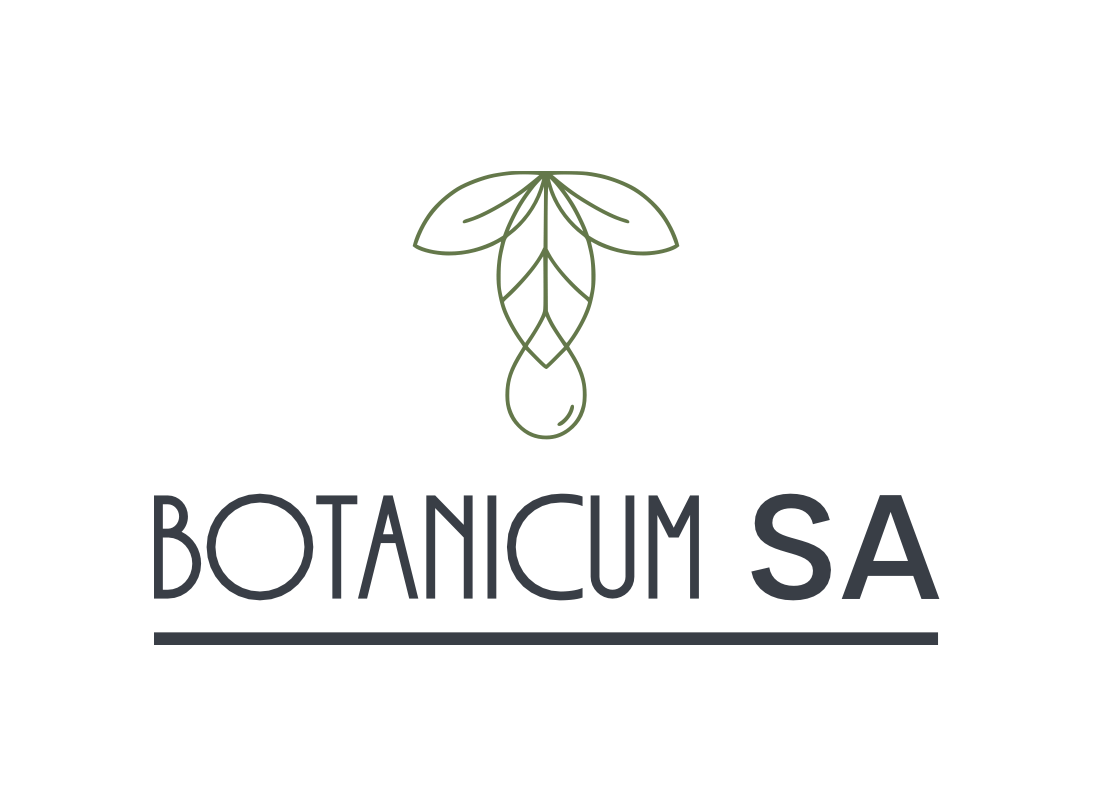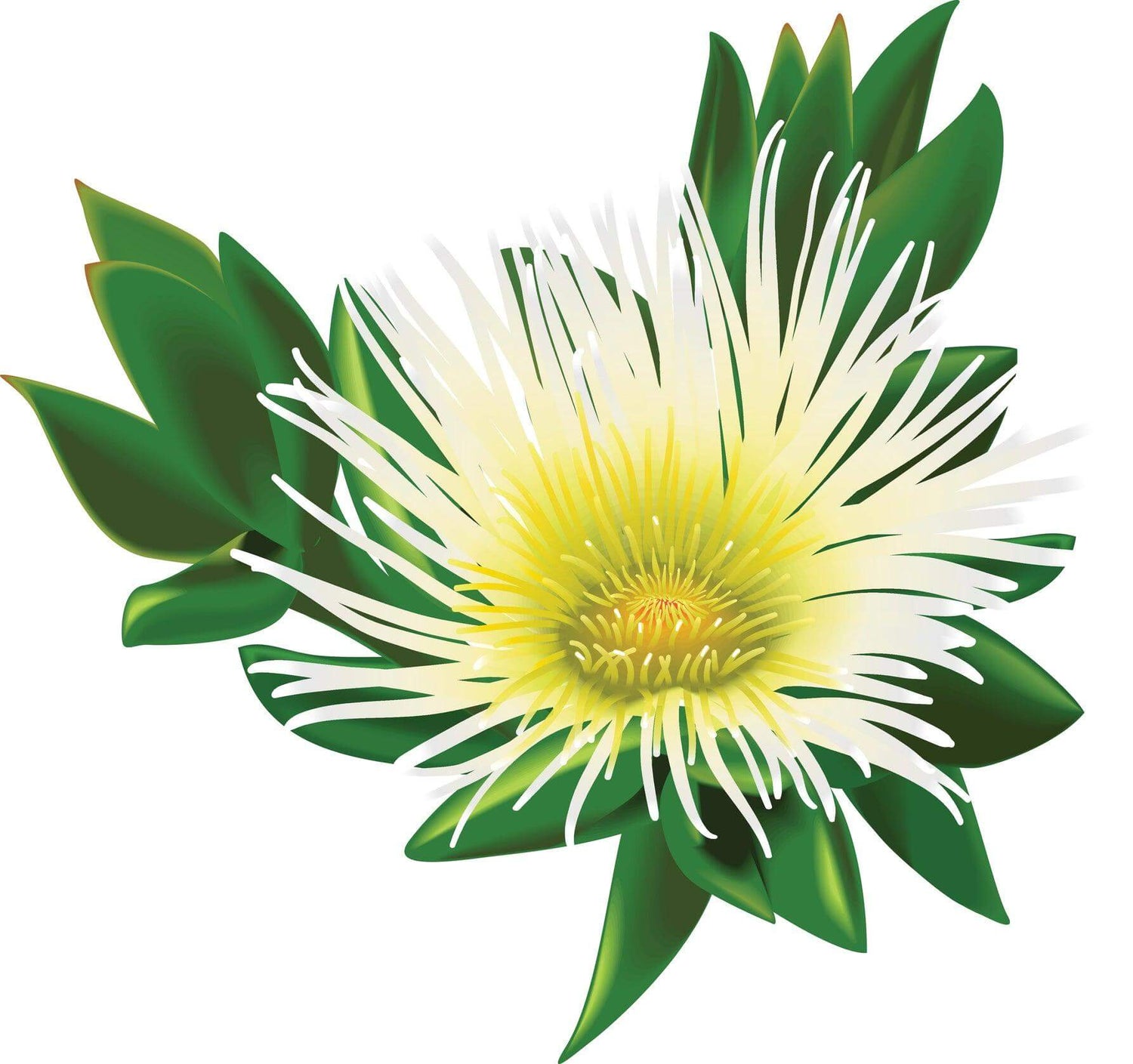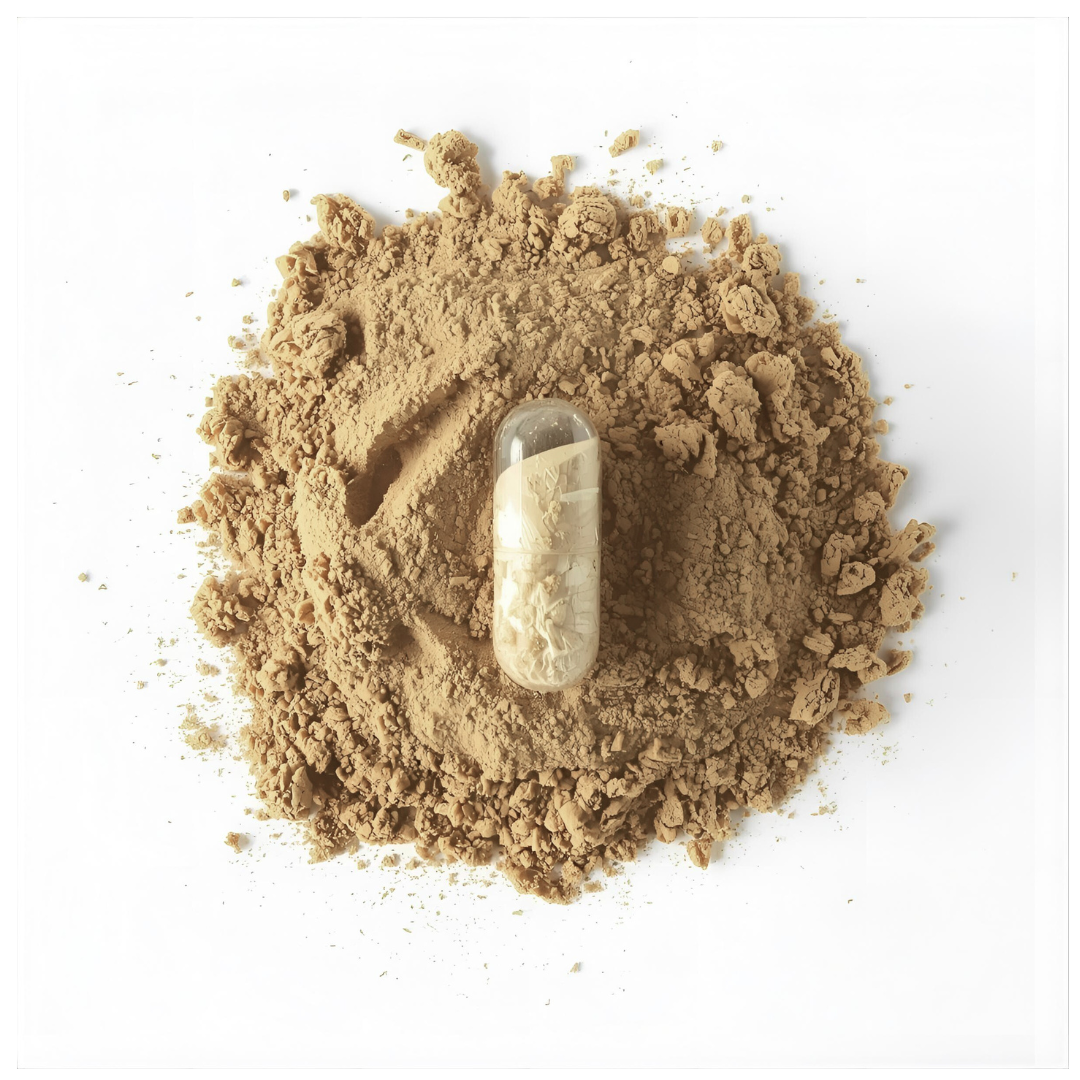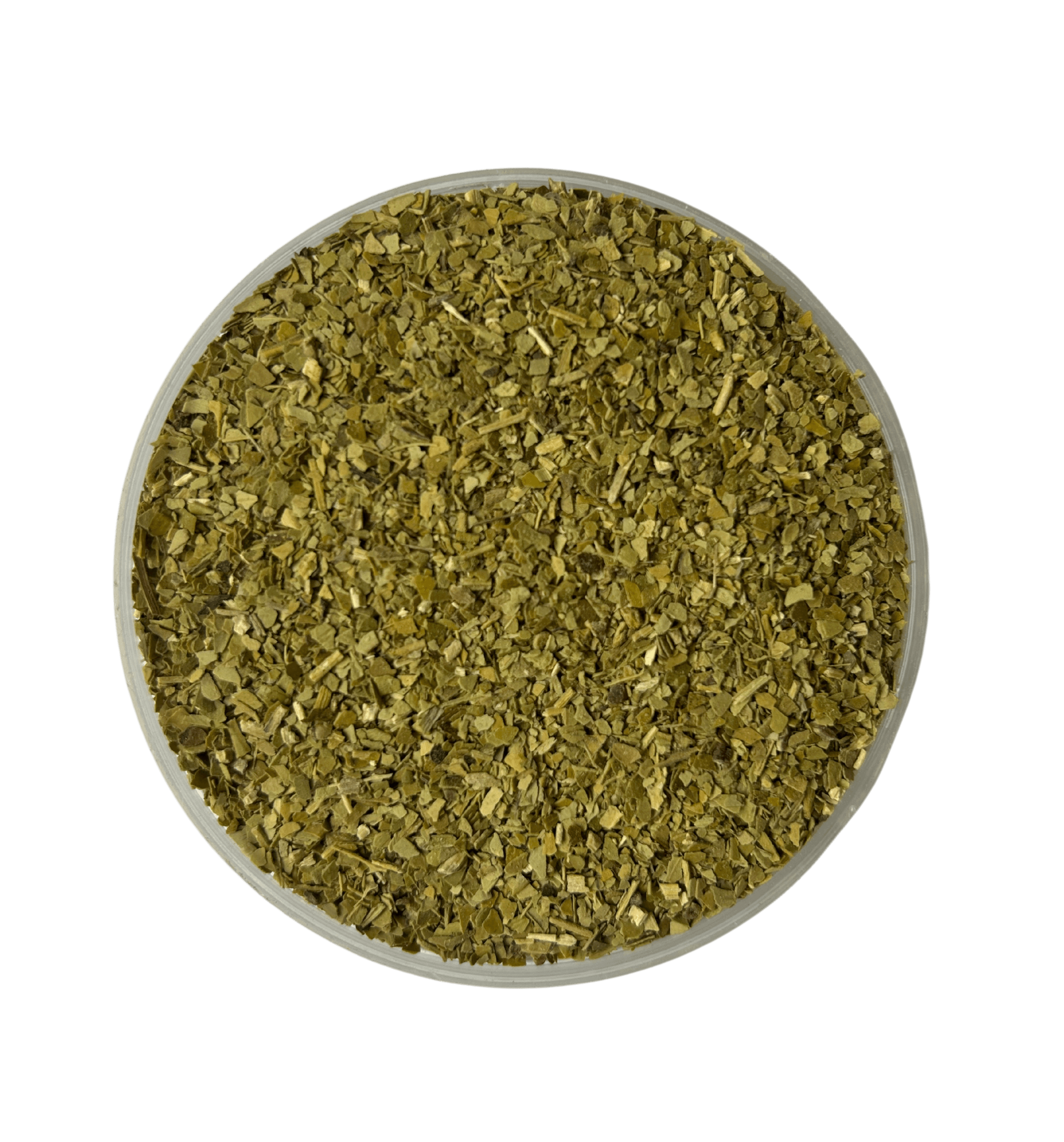Sceletium tortuosum, commonly known as kanna or kougoed, is a plant steeped in history and tradition, with a myriad of health benefits that have been recognised for centuries by indigenous people of South Africa[1]. The San and Khoikhoi tribes originally used the plant for its anti-stress and mood-enhancing properties, and today, it continues to be a subject of interest for those seeking natural remedies for mental well-being[2].
One of the most popular ways to consume Sceletium tortuosum is by making tea from the dried plant. This method of consumption is not only traditional but also allows for a controlled and enjoyable experience. To prepare kanna tea, one typically adds 1-2 teaspoons of the dried plant to a teapot or cup, pouring boiling water over it to steep[3]. This simple preparation can potentially lead to a calming effect on the mind and body.
The primary health benefits associated with Sceletium tortuosum tea include its potential to relieve anxiety, stress, and depression[4]. The plant contains psychoactive compounds that have been isolated and identified through scientific research, which suggests these compounds may contribute to the calming effects and mood improvement reported by users[5]. Moreover, kanna is believed to impact the amygdala, the part of the brain responsible for processing fear and threat, which could explain its anxiolytic properties[2:1].
While the anecdotal evidence supporting the use of kanna is strong, it is important to note that scientific research is still ongoing to fully understand its efficacy and safety. Some studies have pointed out that there may be side effects such as headaches, loss of appetite, and depression in some individuals[6]. Therefore, it is crucial for potential users to approach Sceletium tortuosum with caution and to consult with healthcare professionals before incorporating it into their wellness routine.
In conclusion, Sceletium tortuosum tea offers a glimpse into the rich cultural heritage of South African medicinal practices and presents a natural option for those looking to enhance their mood and manage stress. As with any supplement, it is essential to consider both the potential benefits and risks, and to rely on ongoing scientific research to guide safe and informed usage[7].
Suggested Reading:
https://examine.com/supplements/kanna/
https://www.webmd.com/vitamins/ai/ingredientmono-1259/sceletium
https://www.azarius.net/psychoactive-plants-1242/how-to-make-kanna-tea-at-home-1119
https://greatist.com/health/kanna-effects
https://www.rxlist.com/supplements/sceletium.htm
https://www.ncbi.nlm.nih.gov/pmc/articles/PMC8762184/
https://www.drugs.com/npp/sceletium-tortuosum.html
https://www.ncbi.nlm.nih.gov/pmc/articles/PMC8124331/
Cited Sources:
-
Smith, M. T. (2011). Sceletium - A review update. Journal of Ethnopharmacology, 137(3), 1124-1129. doi:10.1016/j.jep.2011.07.003↩︎
-
Gericke, N., & Viljoen, A. M. (2008). Sceletium - A review of its chemistry, pharmacology and ethnobotany. Journal of Ethnopharmacology, 119(3), 653-663. doi:10.1016/j.jep.2008.07.023↩︎↩︎
-
Azarius. (n.d.). How to make kanna tea at home. Retrieved from https://www.azarius.net/encyclopedia/77/how_to_make_kanna_tea_at_home/↩︎
-
Terburg, D., Syal, S., Rosenberger, L. A., Heany, S., Phillips, N., Gericke, N., ... & van Honk, J. (2013). Acute effects of Sceletium tortuosum (Zembrin), a dual 5-HT reuptake and PDE4 inhibitor, in the human amygdala and its connection to the hypothalamus. Neuropsychopharmacology, 38(13), 2708-2716. doi:10.1038/npp.2013.183↩︎
-
Harvey, A. L., Young, L. C., Viljoen, A. M., & Gericke, N. P. (2011). Pharmacological actions of the South African medicinal and functional food plant Sceletium tortuosum and its principal alkaloids. Journal of Ethnopharmacology, 137(3), 1124-1129. doi:10.1016/j.jep.2011.07.035↩︎
-
WebMD. (n.d.). Sceletium. Retrieved from https://www.webmd.com/vitamins/ai/ingredientmono-1259/sceletium↩︎
-
Examine.com. (n.d.). Kanna Supplement — Health Benefits, Dosage, Side Effects. Retrieved from https://examine.com/supplements/kanna/↩︎





Leave a comment
This site is protected by hCaptcha and the hCaptcha Privacy Policy and Terms of Service apply.